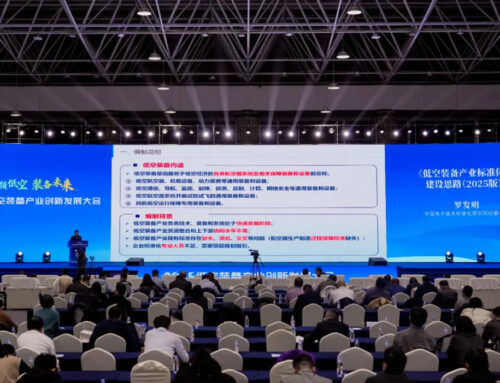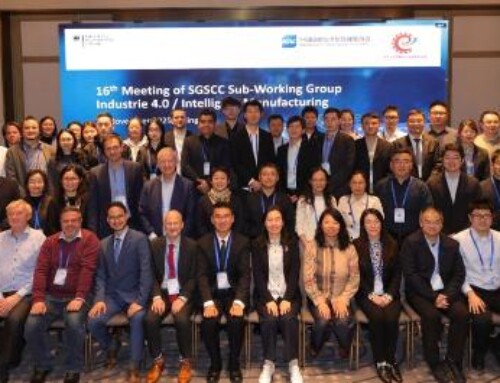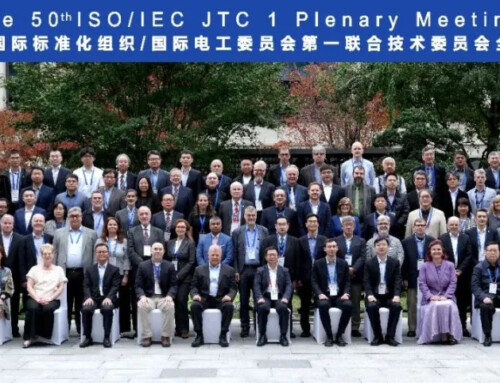
On September 30, 2025, the General Office of the State Council of China released a new policy, the Notice on Implementing Domestic Product Standards and Relevant Policies in Government Procurement, granting preferential treatment to domestically defined products in government procurement, effective January 1, 2026. This aligns with the Government Procurement Law of China and Foreign Investment Law of China.
Specifically, the Notice establishes a clear framework for identifying “domestic products.” That means a product must be manufactured within China’s customs territory, undergoing the property alteration where raw materials or components are assembled or processed into a finished good with a new name and distinct characteristics. Furthermore, a minimum prescribed ratio for the cost of China-made components to the total product cost will be mandated. The Ministry of Finance (MOF), alongside other regulators, will determine and announce these specific ratios for different product categories. For certain critical items, additional criteria, such as the completion of key processes within China, may apply. In this context, the preferential policy applies primarily to goods under “Category A” of China’s official Classified Catalogue of Government Procurement Items (2022 edition), which covers products such as office appliances, information and communication equipment, vehicles, machinery, and electrical equipment.
Targeting these goods, the policy introduces significant procurement advantages. In competitive procurement involving both domestic and non-domestic products, domestic products will receive a 20% price deduction during bid evaluation. A broader concession is also included: if over 80% of the total cost of products supplied in a project comprises domestic items, the entire supply from that bidder qualifies for the price reduction.
To facilitate implementation, the Notice includes three key provisions:
- An annex clarifying the definition of “components manufactured in China”;
- A restriction prohibiting procurement entities from requesting additional documentation beyond a declared supplier letter and materials specified by national authorities;
- A requirement that all qualifying products receive equal treatment, irrespective of whether the manufacturer is foreign-invested, privately-owned, or state-owned.
This new policy offers clear opportunities for foreign firms in China. It states unequivocally that products made in China meeting “property alteration” standards qualify as “domestic products,” regardless of manufacturer ownership, and receive a 20% price advantage in government procurement. This creates both a level playing field and powerful localization incentives, allowing foreign companies with established local supply chains to better access China’s massive government procurement market.
Chinese source of the article: https://www.ccgp.gov.cn/zcfg/mof/202209/t20220922_18696450.htm
https://www.gov.cn/zhengce/zhengceku/202509/content_7043000.htm




